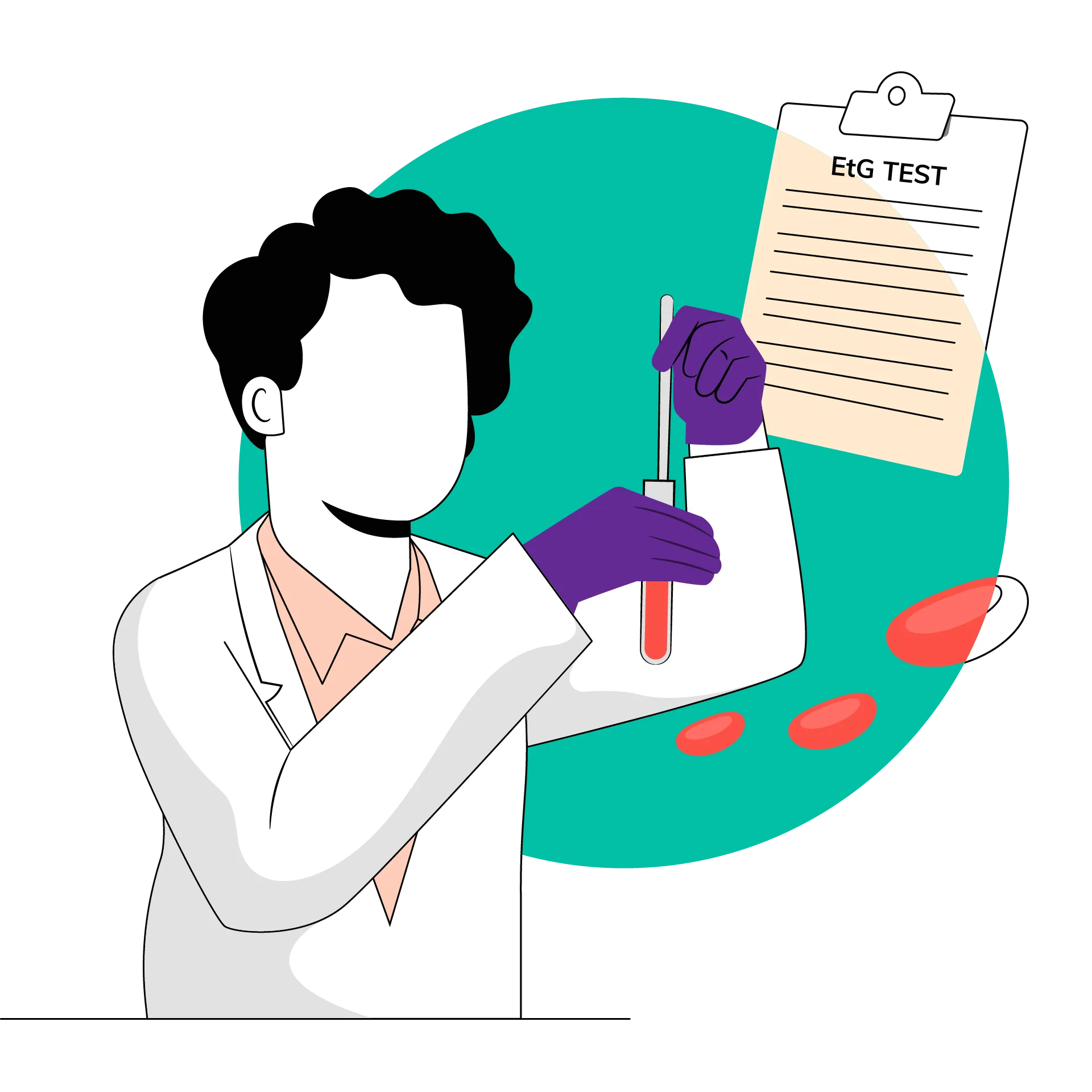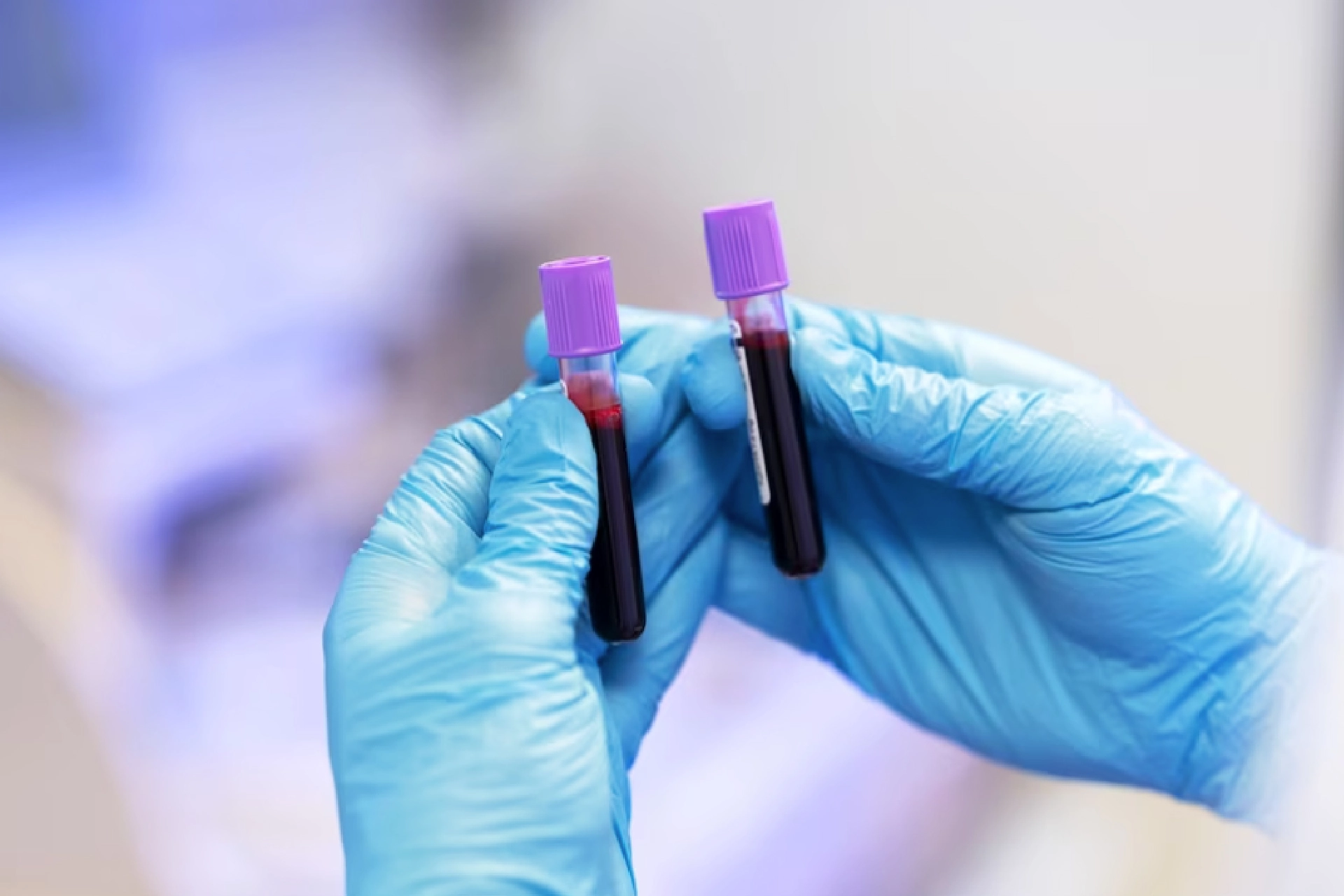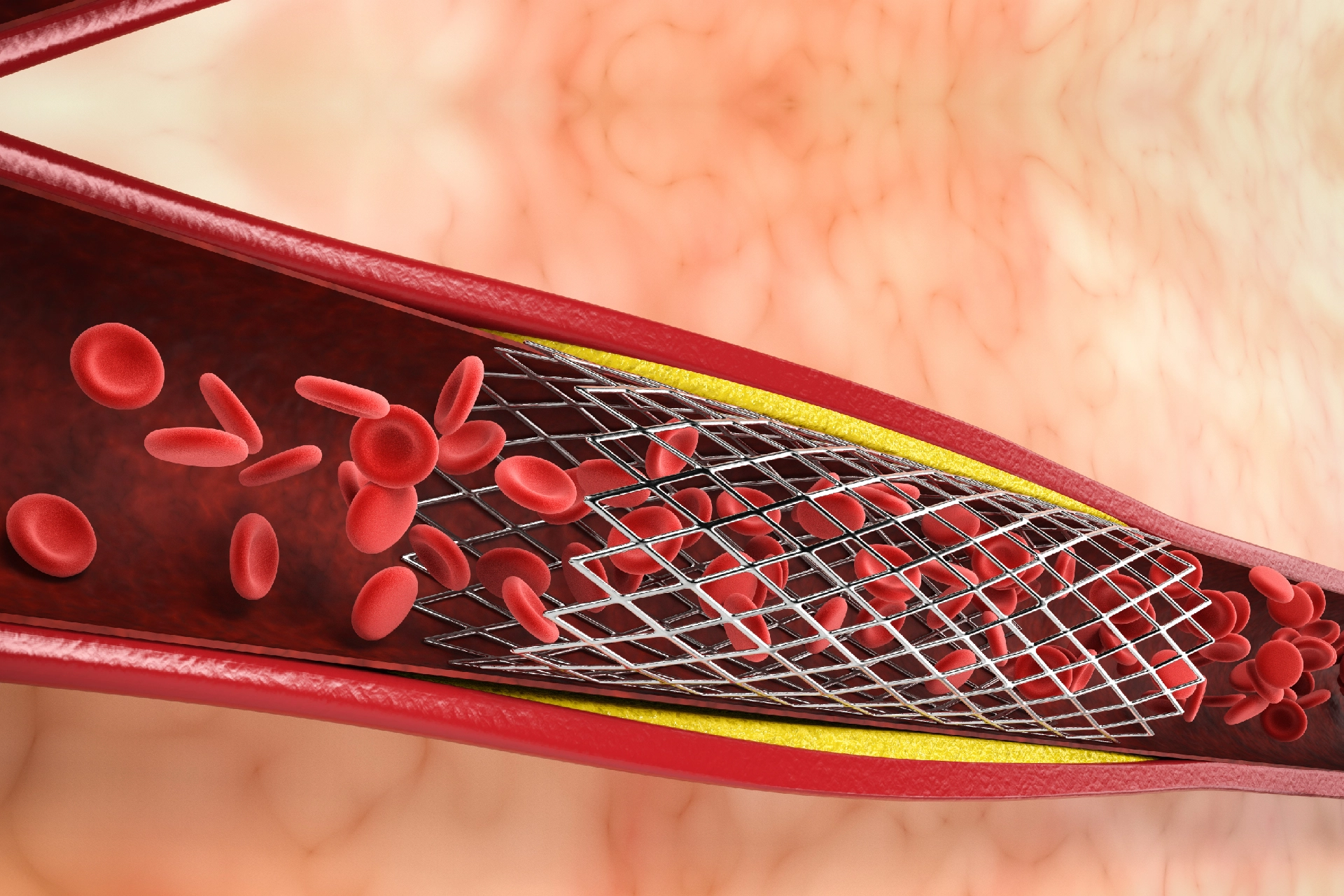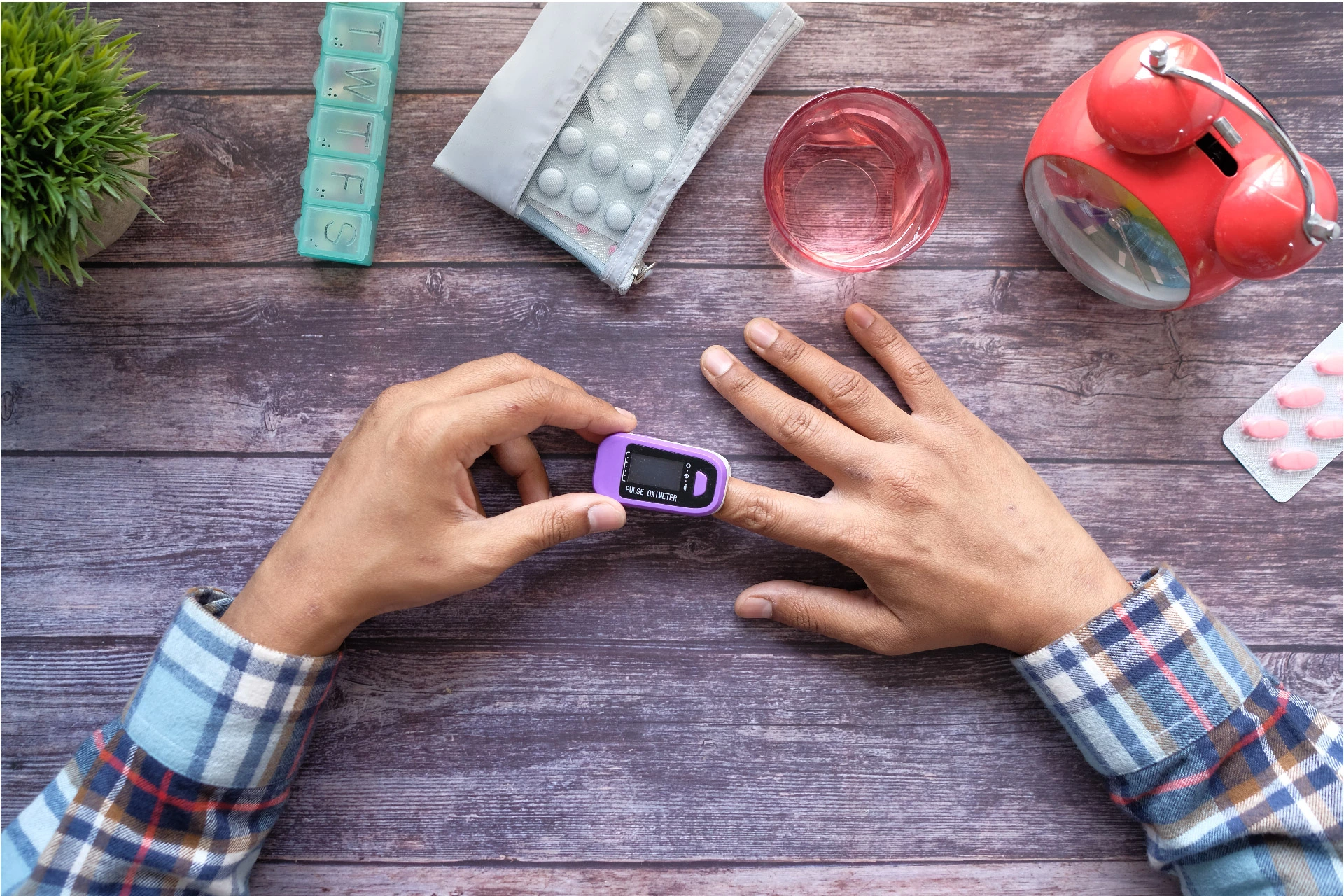Health Tests | 4 min read
What is an EtG Test? 3 Vital Things You Should Know About It
Medically reviewed by
Table of Content
Key Takeaways
- EtG tests can determine alcohol consumption by detecting ethyl glucuronide
- EtG tests are also used as a protocol before surgeries or in legal situations
- Lab test results higher than 1000ng/ml indicate a high consumption
There may be instances when doctors may need to assess if the patient has consumed any ethanol. In such cases, they will administer an alcohol detection test, which is normally the EtG test. An EtG test detects the presence of ethyl glucuronide, which is normally found in your urine if you’ve consumed alcohol or any products containing the ethanol. Do note that this Test can pick up traces of EtG in your samples even if you have consumed a small amount of alcohol. In fact, an EtG can get an accurate reading for up to 48 hours, sometimes even up to 72 hours [1] if the alcohol consumed is in larger quantities.
The EtG test is normally done by screening the urine, but some doctors may screen the blood, hair, or even nails. The Test is commonly administered to ascertain alcohol abstinence, especially before a liver transplant and for those who are part of an alcohol treatment or rehabilitation program. In some instances, it may also be part of the regulatory protocol, as is the case with aviation, healthcare, and other sectors. The Test is a quick and efficient way to determine the presence of alcohol. To know more about the EtG test and to better understand its limitations, read on.
Additional Read: Complete Blood Count TestHow does the EtG test detect alcohol exposure?
Simply put, the Test detects ethyl glucuronide in the sample. This is a byproduct that is formed when liver secretions and alcohol combine in order to be flushed out of the body. As such, this Test is very sensitive and is far better at detecting the presence of alcohol than other alcohol detection test options.
Do note that due to this sensitivity, it is also quite common for there to be false positives, wherein alcohol gets detected by you may not have consumed any in the detection window. This is because the EtG test will detect ethyl glucuronide if you have been exposed to alcohol via the use of a mouthwash, sanitizer, alcohol-flavored foods, etc.
Additional Read: Lipoprotein (a) Test
Is the EtG test sensitive?
The EtG is highly sensitive and is able to detect even the smallest amounts of alcohol present in a given sample. As such, it is a reliable option when assessing alcohol exposure in a patient. However, the Test does have its limitations. For one, it can’t be used to assess the amount of alcohol consumed. This is because the Test is proficient at detecting the presence of the EtG. It can be hard to accurately measure the amount of alcohol actually consumed based on the results of this lab test.
Additional Read: Pregnancy Test At HomeWhat do the results of an EtG test mean?
The EtG test is usually administered to detect alcohol consumption for up to five days after alcohol was ingested. Besides a positive test, the results will vary, ranging from 1,000ng/ml to 100ng/ml [2]. Here is a breakdown of the range to help you understand the meaning.
High positive
A reading of 1,000ng/ml in your urine is a high result, suggesting heavy drinking prior to getting tested.
Low positive
This positive reading ranges between 500ng/ml and 1000ng/ml. It suggests exposure to alcohol in the past 24 hours and can even be indicative of heavy drinking over the past five days.
Very low positive
Any positive results with reading between 500ng/ml and 100ng/ml are considered very low. This suggests light exposure to alcohol, be it drinking or through other sources.
Apart from these, there are some situations in which a person can get a false positive. For instance, if your urine sample remains at room temperature or is stored improperly, it can cause a false positive result. This happens because EtG levels can increase in these conditions due to bacteria growth. That is why the lab test results are given to you quickly. Note that a patient with diabetes and a urinary tract infection may produce higher levels of it.
Additional Read: Lipid Profile TestOverall, the EtG test is very useful to determine any recent alcohol consumption or overdose. In case you get a false positive result, you can go for another test to get an accurate result. If you are suffering from alcohol addiction, you can talk to a specialist. Book an appointment with top doctors on Bajaj Finserv Health and let them guide you through the Test up to abstinence. You can also consult them from the comfort of your home by booking an online consultation. Get help without any hesitation, and start living a better life!
References
- https://www.ncbi.nlm.nih.gov/pmc/articles/PMC4663163/
- https://www.samhsa.gov/workplace/drug-testing
Disclaimer
Please note that this article is solely meant for informational purposes and Bajaj Finserv Health Limited (“BFHL”) does not shoulder any responsibility of the views/advice/information expressed/given by the writer/reviewer/originator. This article should not be considered as a substitute for any medical advice, diagnosis or treatment. Always consult with your trusted physician/qualified healthcare professional to evaluate your medical condition. The above article has been reviewed by a qualified doctor and BFHL is not responsible for any damages for any information or services provided by any third party.




